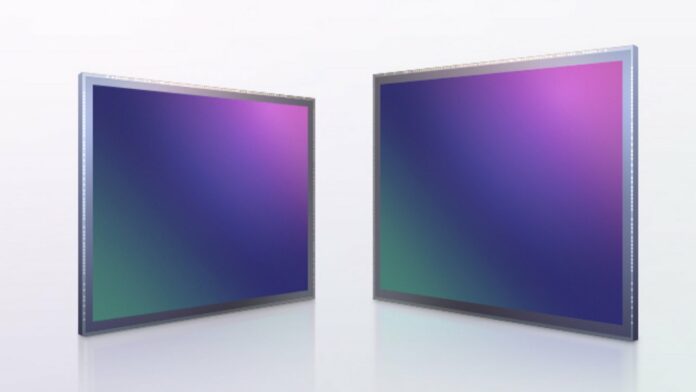Samsung Electronics has today introduced the ISOCELL HP1 camera sensor. It is said to be the industry’s first 200-megapixel (MP) image sensor with 0.64μm pixels. Alongside, the company has also introduced ISOCELL GN5, the first image sensor to adopt all-directional focusing Dual Pixel Pro technology with two photodiodes in a single 1.0μm pixel.
Let’s take a look at more details on the new Samsung smartphone camera sensors:
Samsung ISOCELL HP1
The ISOCELL HP1 features an all-new ChameleonCell technology, a pixel-binning technology that uses a two-by-two, four-by-four or full pixel layout depending on the environment. The HP1 transforms into a 12.5MP image sensor with large 2.56μm pixels by merging 16 neighbouring pixels in a low-lit environment.
The newly formed 2.56μm pixel is capable of more light absorption and sensitivity, producing brighter and clearer photos outdoors or in the evening. In bright outdoor environments, the sensor’s 200-million pixels can capture ultra-high-definition photography on mobile devices.
The Samsung ISOCELL HP1 can take 8K videos at 30 frames-per-second (fps) with minimum loss in the field of view. The HP1 merges four neighbouring pixels to bring the Resolution down to 50MP or 8,192 x 6,144 to take 8K (7,680 x 4,320) videos without the need to crop or scale down the full image resolution.
Samsung ISOCELL GN5
The ISOCELL GN5 is the industry’s first 1.0μm image sensor to integrate Dual Pixel Pro, an all-directional autofocusing technology that can substantially boost autofocusing capabilities. This technology places two photodiodes within each 1.0μm pixel of the sensor, either horizontally or vertically, to recognize pattern changes in all directions.
With one million phase-detecting multi-directional photodiodes covering all areas of the sensor, the ISOCELL GN5’s autofocusing becomes instantaneous, enabling sharper images in either bright or low-lit environments.
The image sensor also uses Samsung’s Proprietary pixel technology, which applies Front Deep Trench Isolation (FDTI) on a Dual Pixel product. Despite the microscopic photodiode size, FDTI enables each photodiode to absorb and hold more light information. Thus improving the photodiodes’ full-well capacity (FWC) and decreasing crosstalk within the pixel.


